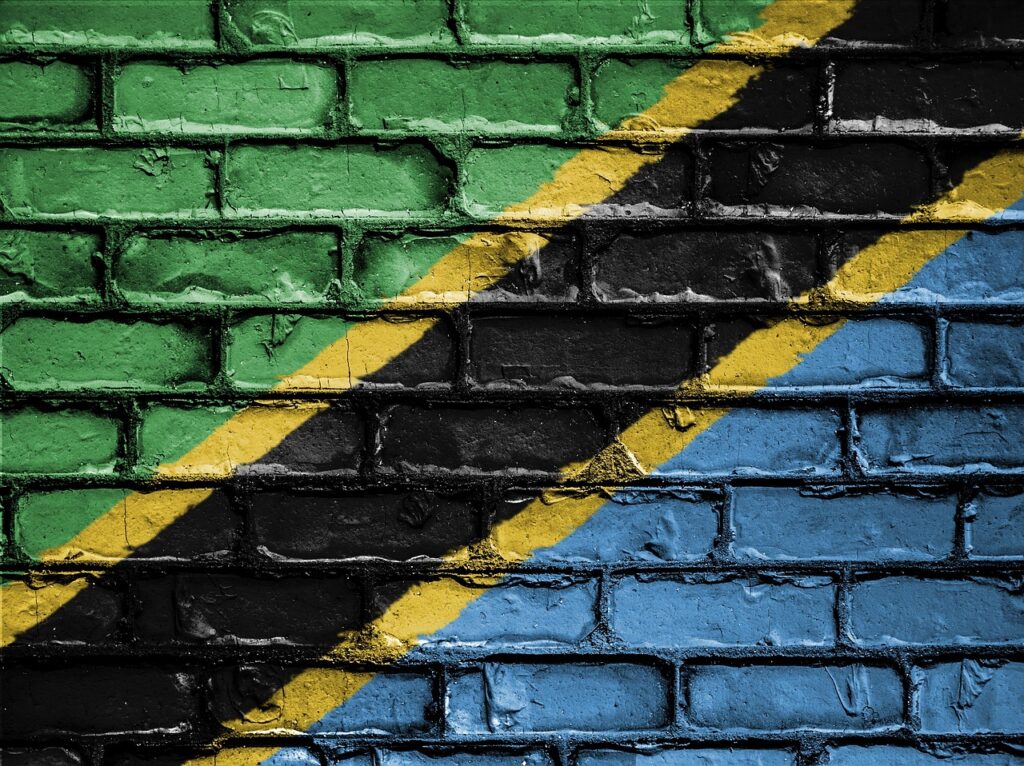Travel Tips for when in Tanzanian

Tanzanian Adventure

Language & Communication
The official languages of Tanzania are Swahili and English. While English is widely spoken in tourist areas, hotels, and by your safari guides, learning a few basic Swahili phrases will greatly enhance your interactions with locals and is always appreciated.
“Jambo” (JAHM-boh): Hello
“Asante” (ah-SAHN-teh): Thank you
“Karibu” (kah-REE-boo): Welcome (also used for “you’re welcome”)
“Safari njema” (sah-FAH-ree NJEH-mah): Have a good journey
Climate & Best Time to Visit
Tanzania experiences a tropical climate with two main seasons:
Dry Season (June to October): This is generally considered the best time for wildlife viewing as animals congregate around water sources, and vegetation is sparser. Temperatures are mild to warm during the day and cooler at night. This is also peak season for the Great Migration’s dramatic river crossings.
Wet Season (November to May): Divided into “short rains” (Nov-Dec) and “long rains” (March-May). The landscape is lush and green, offering stunning photographic opportunities and excellent birdwatching. While some roads can be challenging, it’s a quieter time with fewer tourists and often better rates. The calving season for the Great Migration occurs in the Southern Serengeti around January-February.
Pack layers, as temperatures can vary significantly between early mornings/evenings and midday.
Culture & Etiquette
Tanzanians are renowned for their warmth and hospitality. Embracing local customs will enrich your experience:
Greetings: Always greet people warmly. A handshake is common.
Respect: Show respect for local traditions and customs. When visiting villages, it’s polite to ask permission before taking photos, especially of individuals.
Dress Code: Outside of safari vehicles and lodges, modest dress is appreciated, particularly in towns and villages. For women, covering shoulders and knees is advisable.
“Pole pole”: This Swahili phrase means “slowly, slowly.” It embodies the relaxed pace of life in Tanzania – patience is key!
Health & Safety
Your well-being is paramount. Consult your doctor well in advance of your trip for personalized advice.
Vaccinations: Ensure routine vaccinations are up-to-date. Yellow Fever vaccination may be required depending on your origin or transit points.
Malaria: Tanzania is a malaria-risk area. Consult your doctor about anti-malarial medication. Use insect repellent, wear long sleeves/trousers at dusk, and sleep under mosquito nets (provided in most accommodations).
Water: Drink only bottled or filtered water. Avoid tap water, even for brushing teeth.
Sun Protection: The equatorial sun is strong. Use high-SPF sunscreen, wear a wide-brimmed hat, and sunglasses.
Wildlife Safety: Always follow your guide’s instructions. Do not approach wild animals on foot unless specifically on a guided walking safari. Stay inside your vehicle during game drives.
First Aid: Carry a basic first-aid kit with any personal medications, pain relievers, anti-diarrhea medication, and allergy relief.
Money & Tipping
The local currency is the Tanzanian Shilling (TZS). US Dollars are widely accepted for tourism-related payments (safari fees, lodge bills), but smaller denominations are useful for local purchases.
ATMs: Available in major towns and cities (e.g., Arusha, Dar es Salaam), but less common in remote safari areas.
Credit Cards: Accepted at most lodges and larger shops, but cash is essential for smaller vendors and tips.
Tipping: Tipping is customary for guides, drivers, and lodge staff. Your safari operator can provide specific guidelines, but generally, it’s around $20-30 per person per day for your safari guide, and smaller amounts for lodge staff.
First Aid: Carry a basic first-aid kit with any personal medications, pain relievers, anti-diarrhea medication, and allergy relief.
Packing Essentials
Pack light but smart! Soft-sided luggage is often preferred for safari vehicles.
Clothing: Neutral colors (khaki, green, brown) are best for safari. Long-sleeved shirts and trousers protect from sun and insects. Layers are key.
Footwear: Comfortable walking shoes or hiking boots (if trekking Kilimanjaro), and sandals for evenings.
Essentials: Binoculars, camera with extra batteries/memory cards, power bank, universal adapter, personal toiletries, small backpack for day trips.
Documents: Passport, visa (if required), flight tickets, travel insurance details, vaccination certificates.
Connectivity
- Mobile Phones: Local SIM cards are available for purchase, offering good coverage in populated areas and some safari routes.
Internet: Most lodges and camps offer Wi-Fi, though it may be limited to common areas or come with a charge, and can be slower in remote locations. Embrace the opportunity to disconnect and immerse yourself in nature!
Responsible Tourism
By choosing Show Love to Orphans Safaris, you are already contributing to responsible tourism. Remember to:
Respect the Environment: Stay on designated trails, do not litter, and minimize your footprint.
Support Local: Purchase locally made crafts and support community initiatives.
Be Mindful: Your presence can have an impact; be conscious and respectful in all your interactions.
We are thrilled to welcome you to Tanzania and guide you through an adventure that not only connects you with the wild but also makes a meaningful difference.
